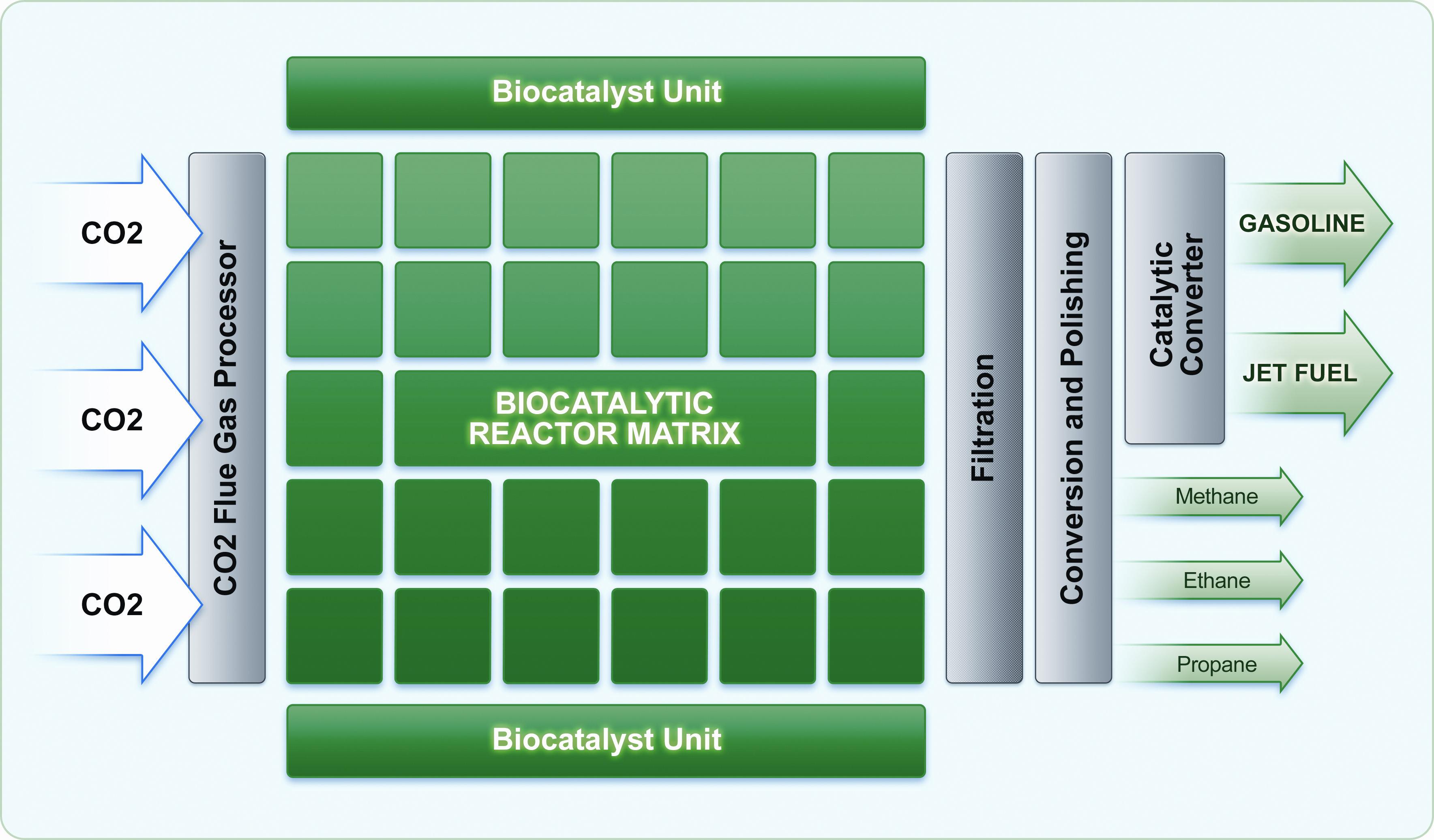The future could be a gas with Carbon Science


Don't bury it, use it. That's the goal of Carbon Sciences and their plans to make CO2 an asset. We already know it's a problematic greenhouse gas, contributing to climate change. I recently blogged about the push by supporters of carbon sequestration. But that really gets the problem out of sight, not really out of the way permanently. I spoke on the phone with the newly arrived president. No, not THAT President. This is Byron Elton of Carbon Sciences, Santa Barbara. Within weeks they expect to have their demonstration plant operating there, turning CO2 into hydrocarbons and thus into fuel. Methane? Gasoline? Propane? Coming right up. Elton says they;re anxious to have the plant under operation because now they often hear, "That's too good to be true..." Like when we couldn't believe the speed of email, remember way back? In 2005 there were over 28 billion metric tons of human-caused CO2 released into the atmosphere. That CO2 emission is still increasing annually. Elton argues we can't afford to ignore it, and we shouldn't try to bury CO2 in a gigantic cat box. We need to convert it and continue the recycling that would happen gradually in nature anyway. Carbon Sciences has a process that uses natural micro-organisms that convert CO2 into hydrocarbons as part of their life process. What CS has done is develop ways to keep those biocatalysts working, not just through one or two cycles but consistently over days and weeks. The chief scientist at CS is Dr. Naveed Aslam. His process uses atomic Hydrogen (H+), the key to low energy CO2 to fuel transformation. Similar processes have used molecular hydrogen (H2) which requires a lot of energy. CS will use fresh water as the source of hydrogen in its process and split that moleculeinto OH and a hydrogen ion. Elton sees the first use of the CS technology in CO2 biocatalyst plants that will be co-located with industries that emit lots of CO2. Carbon Sciences sees firms like Origin Oil as fellow travellers on the road that leads to more sustainable, cleaner energy sources. Carbon Sciences sees their future as providing the technology and trainging for operators to biocatalystic plants wherever there's sufficient CO2 emissions to warrant the conversion to fuel. Methane? Gasoline? Propane? Please check our menu...